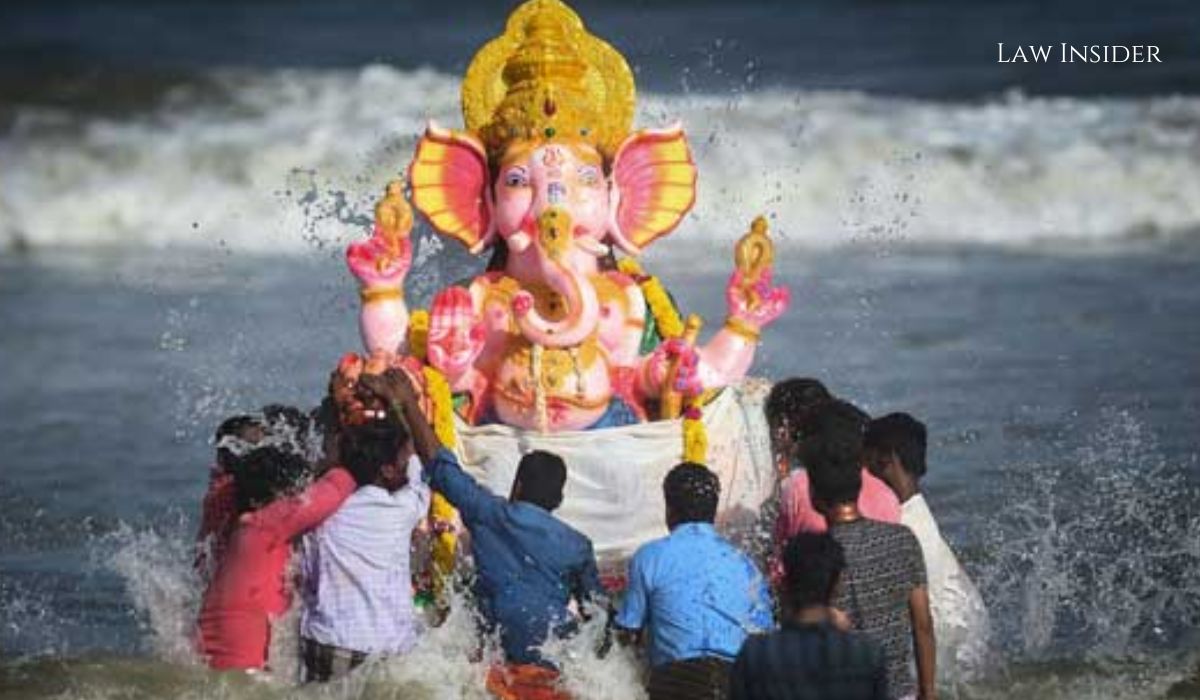Shashwati Chowdhury
Published on: August 31, 2022 at 19:44 IST
The Maharashtra government told recently the Bombay High Court that it has developed a new policy that will permit the immersion of Plaster of Paris (PoP) and other Ganpati idols during the Ganesh Chaturthi festival, preferably in artificial ponds rather than rivers and lakes.
A Division Bench of Justices Atul Chandurkar and Urmila Joshi Phalke at Nagpur Bench accepted the state’s policy and said that it would continue to be in effect until a more comprehensive one was framed.
In a suo motu case, the court was deciding on issues raised by the usage of PoP to create religious idols for the Ganesh festival and Navratri. Additionally, it had made notice of the effects that the oil paints used to paint these idols had on the bodies of water where they are usually immersed.
According to the State’s 45-page policy, a committee was appointed by the State to offer suggestions regarding the issues raised by the Court.
In response, the committee made suggestions that were reflected in the report.
According to the same, eco-friendly materials such as natural clay, dried flowers, straw, or other eco-friendly materials should be utilised to create the ornaments for the idols.
Even the heights of the idol needs to be regulated.
Additionally, it was suggested that local bodies grant licences to artisans who create clay and eco-friendly idols without the use of PoP.
Regarding the immersion, it was suggested that officials be instructed to make sure that the majority of idols are submerged in artificial bodies of water.
The policy recommended designating a designated location (with proper approach, access, corner portion of river, pond, or lake, having shallow depth of water in river, lakes, or ponds) in the event that idols are to be submerged in rivers, lakes, or ponds in order to prevent contaminating water bodies, along with safety provisions, preferably steel or wooden barricades, to be made by the concerned local body.
The Central Pollution Control Board (CPCB) and other experts were represented on the technical committee, which was formed to create a policy that would take effect in 2023, the court said in its order following the hearing on August 29. Within three months, a report is expected.
The matter would be next heard on September 21.

